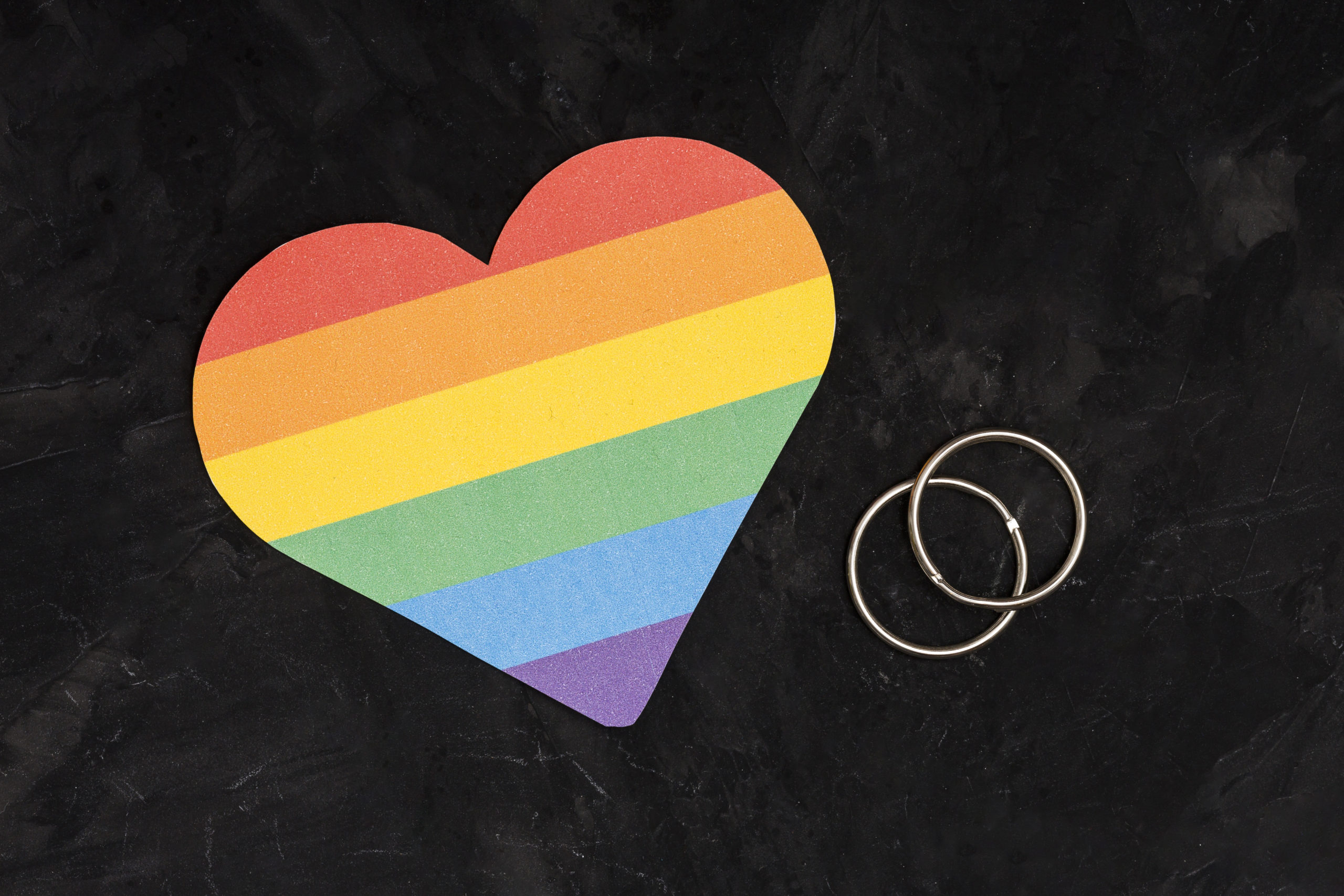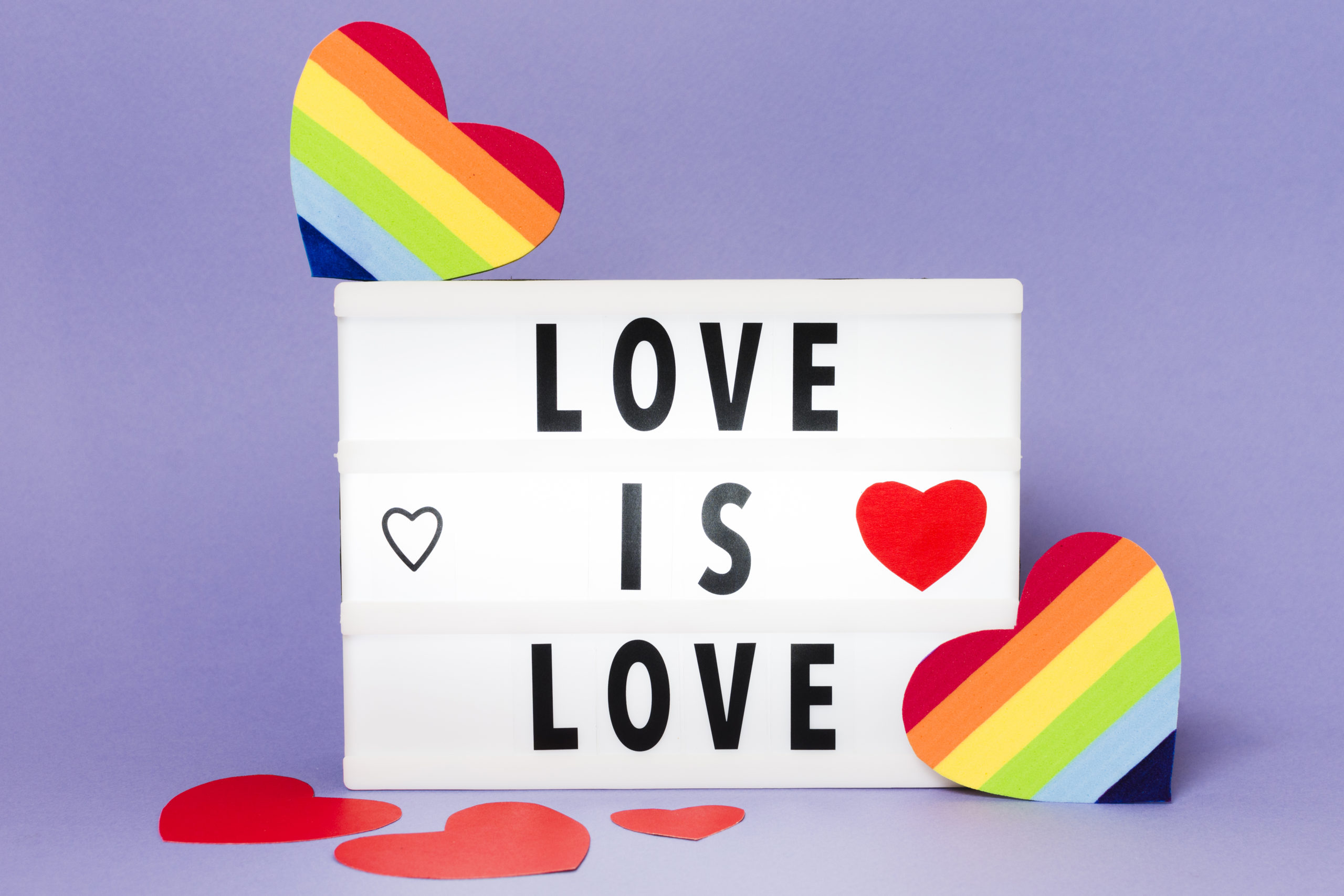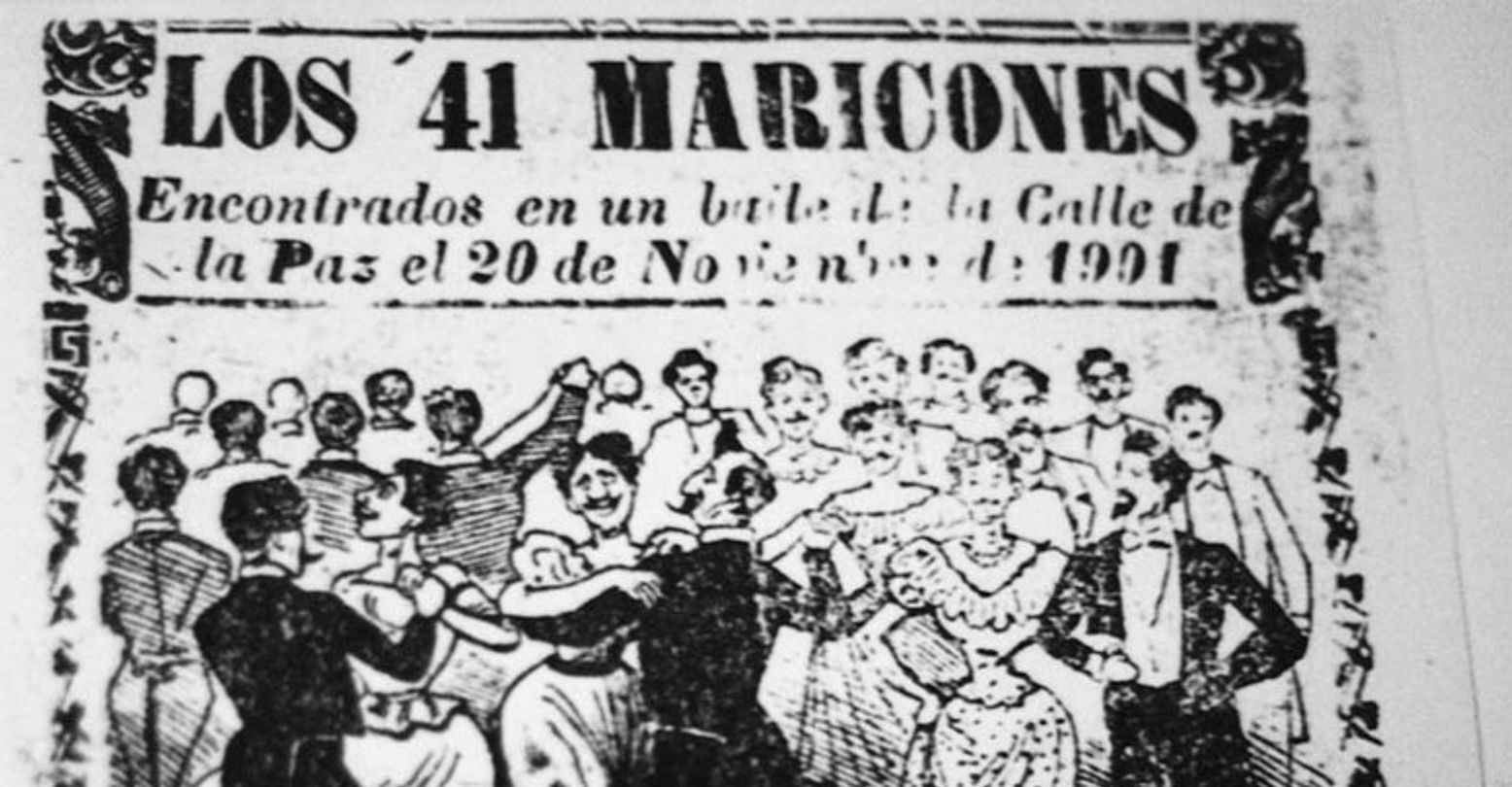Key LGBT+ rights accomplishments in Mexico
2500 B.C.- 1521 A.D. Pre-conquest
Pre-Hispanic cultures research has showed homosexuality acceptance in indigenous societies across the country. Zapotecans recognized a third gender Muxe, an intermediate between men and women. This gender usually came with men and women responsibilities in the community, and in their family was considered as a blessing.
Regarding the Aztecs, the greatest Mexican pre-Hispanic civilization, some sources claims homosexuality practice was only allowed for young men; other sources claim that homosexuality was acceptable in the Aztec nobles and rich families. The Aztec god Xóchipilli was the patron of homosexuals and male prostitutes.
1492-1521 Spanish Conquest
When Hernán Cortez arrived in Mexican territory in 1492, Amerindian homosexuality varied from region to region. Spanish inquisition started in 1569, same-sex sexual acts were considered sins and sodomy was grave felony. During the colony by Spain, fines, public humiliation, and even burnings at the stake punishments were established by church and police discretion.
1789-1867 Influence of French Revolution
In 1871, Mexico adopted the Napoleonic Code as a consequence of French Revolution and later French occupation in Mexico (1862-1867). This Code considered sexual conduct in individuals, despite gender a criminal matter.
1900-1960 41 Ball´s
In 1901 police raided a drag ball, arresting 42 high society men 19 of them were wearing ball gowns, they were publicly exhibited at the main square, beaten and just 12 were imprisoned in Yucatán state prison.
One of the men caught, Ignacio de la Torre y Mier, was a federal deputy and former president Porfirio Díaz 'son-in-law. Díaz decided to let him out of this incident and sent him home. This remained secret to avoid scandal that harmed President Díaz political image in an ultra-conservative society. The citizens were aware of de la Torre y Mier participation in the ball and in many other secret gay parties, President Díaz retired his political support as a punishment, and that was the end of a very promised political career, he was about to run for Estado de México Governor when the scandal happened.
This was the first time that a LGBT+ episode received fairly wide press coverage, and society and catholic church were in shock.
A few years after, de la Torre y Mier was kidnapped by warlord Mexican revolutionary Emiliano Zapata, who was a former laborer in de la Torre y Mier Hacienda, police notified his wife that he was founded and taken to the hospital because he was very ill as a consequence of all the abuses during his captivity, unfortunately, he died for surgery complications.
After this episode the number 41 became a discriminate homophobic expression and society became cruel and disrespectful with LGBT+ community. El Baile de los 41 is a free adaptation Mexican film available in Netflix.
In 1959 Mexico City gay bars were closed under government “Cleaning up vice” strategy.
1970s -1990s. Activism empowerment
 1971 First activism LGBT+ organization in Latin America Frente de Liberación; Homosexual (Homosexual Liberation Front), responded to a homophobic fire attack to a Sears store employee;
1971 First activism LGBT+ organization in Latin America Frente de Liberación; Homosexual (Homosexual Liberation Front), responded to a homophobic fire attack to a Sears store employee;
1979 First Gay Pride parade was held in Mexico City;
1982 First time LGBT+ open gay politicians to run for the congress;
1991 Mexico hosted the first meeting abroad Europe of International Gay and Lesbian Association;
1997 Lesbian activist Patricia Jiménez was elected as a congresswoman;
1999 Mexico held the first meeting of lesbians, from this meeting activism expanded in Mexico City for LGBT+.
2000-2019 Substantial legal and political LGTB+ progress
2000 A proposal was made for legalization of same-sex marriage by Mexican lesbian politician Enoé Uranga;
2001 Mexican Constitution was amended to prohibit discrimination based, among other factors, in sexual orientation;
2001 First Civil Unions bill was proposed, in order to achieve the recognition of same-sex relationships rights, this act was approved in Mexico City until 2006. Marriage equality law was approved in Mexico City in 2009. In 2009 Supreme Court ruled that same- sex marriages carried out legally in Mexico City, must be recognized in the rest of the country;
2003 Mexico abolish sexual discrimination by a national anti-discrimination law that included sexual orientation as a protected category, stablished a new agency, the National Council against Discrimination (CONAPRED), to improve the anti-discrimination act and developed since then a permanent national anti-homophobia campaign;
2004 Mexico City Civil Code amendment for allow transgender people to change gender on birth certificate, and in 2008 Mexico City Legislative Assembly passed a streamlining change gender birth certificate process law;
2006 Mexico City legalized same-sex marriage, and in January 31th, Coahuila State legalized same-sex marriage and the first national legal union ceremony was performed;

2009 Fist gay politician Miguel Galán became major candidate; also, Mexico City Assembly approved a law for legalization of same- sex marriage, adoption by same sex couples. The same-sex law took effect in 2010;
2011 Mexican Federal Constitutional human rights reform that includes protection of sexual preferences;
2014 Mexico declared 17 May as the National Day Against Homophobia;
2017 After several local constitutional controversies regarding same-sex marriage, Mexican President Peña Nieto sent to the congress an initiative to amend Mexican Constitution legalizing same-sex marriage nationwide. The initiative was rejected, nevertheless many states adopted in their internal law same-sex marriage after Peña´s initiative;
2018 The Inter-American Court of Human Rights ruled that same-marriage and recognition of changed gender identity on official documents are human rights protected by American Convention on Human Rights, of which Mexico is a signatory;
On July 1, 2018 current President López Obrador said in his first speech that Mexican institutions represent all Mexicans, including human beings of all currents of thought and of all sexual preferences. In the same year, a Mexican Federal Court ruled of recognition of same-sex marriages performed in Mexican consulates and embassies as long one part is Mexican;
The Senate passed a bill regarding legal rights of same-couples into law, namely, social security benefits and the right to a widow pension;
2019 Current President López Obrador declared May 17 as the National Day of Fighting Against Homophobia, Lesbophobia, Transphobia and Biphobia, and presented a course of Federal Government actions in support of the LGBT+ community such as labor inclusion actions that guarantee opportunities regardless of sexual orientation and gender identity , joint work with education professionals to eradicate discrimination and a protocol against hate crimes.
Remarks
Mexico City was the first city in Latin America to legalize same-sex marriage, other progressive reforms have including allowing transgender people to legally change sex on birth certificates, same-sex couples adoption, and other legal records. Local government also maintains support centers focuses on guaranteeing LGBT+ community access to healthcare, HIV testing, human rights, safety and justice and other issues like legal accompaniment for legal process of same-sex marriage licenses. Mexico City is an example to other cities that are working to enhance equality for the LGBT+ city community.
Despite the fact that Mexico is a developing country, LGBTQ+ legal landscape in Mexico is more egalitarian than in the United States. Mexico have been a first mover on the legal front for LGBTQ+ protection and recognition rights, for these reasons if you are interested in being part of Puerto Vallarta Gay friendly Community, click here for check out our sale properties in this amazing destination.
Ensuring that LGBT people- i.e. lesbians, gay men, bisexuals, transgender and intersex individuals can live as who they are without being discriminated against or attacked concern to all society. Discrimination harms this community, but also the wider society.
It lowers investment in human capital due to Bullying at school, as well as poorer returns on educational investment in the labor market.
Reduces economic output by excluding or under-valuing LGBTI talents in the labor market and impacting their mental and physical health, hence their productivity.
This is why the importance of LGTBI regulations, allows to ensure equal treatment of LGBTI people and the complementary policies that could help foster LGBTI inclusion.
Inclusivity is the laws that are in force among those critical to ensure equal treatment to ensure equal treatment to this community.



